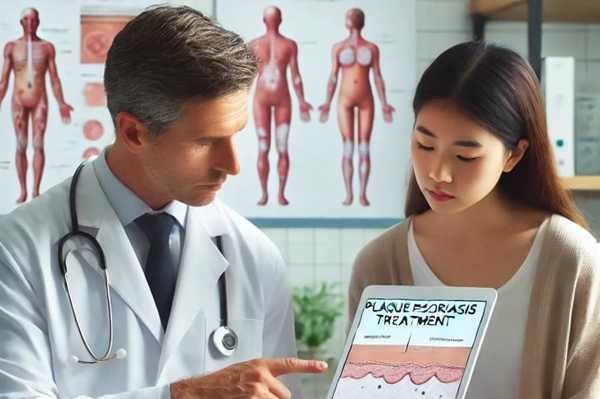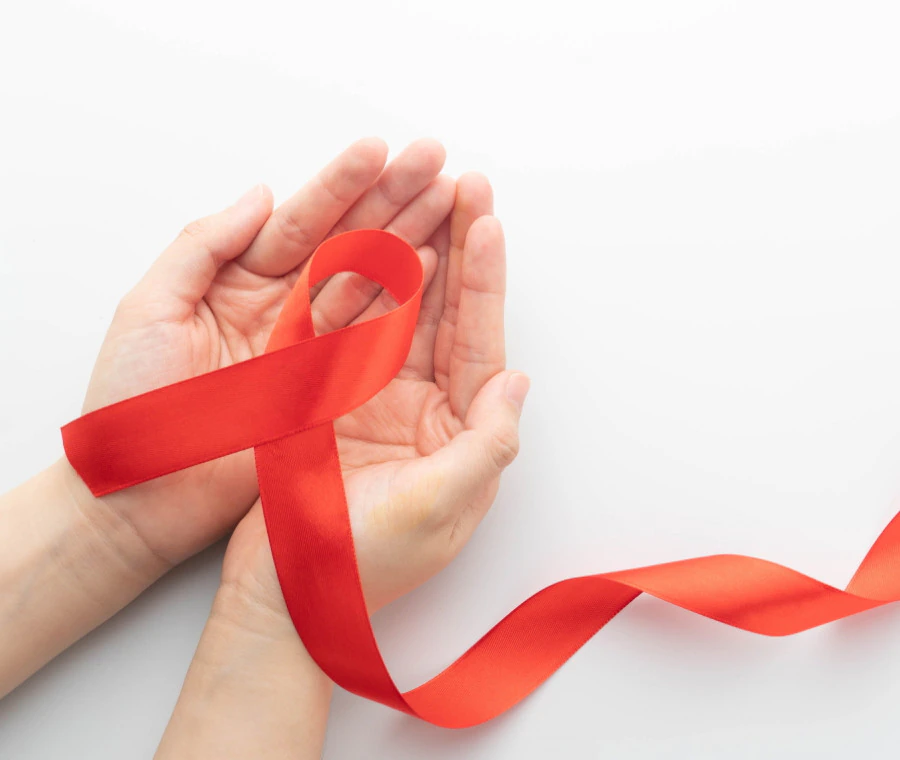
Plaque psoriasis is a chronic autoimmune disease that affects the skin, causing raised, red, scaly patches. Knowing the symptoms and seeking a correct diagnosis is essential to effectively treating this disease. This guide provides insight into identifying plaque psoriasis and expert advice on when to see a doctor.

Understanding plaque psoriasis:
Definition: Plaque psoriasis is the most common form, characterized by thick, red patches covered with silvery scales.
Causes: It is caused by an overactive immune system that speeds up the growth of skin cells.
Common sites: It often occurs on the scalp, elbows, knees, and lower back.
Symptoms of plaque psoriasis:
Red patches: Look for light-coloured, inflamed patches on the skin.
Silver scales: Red areas with noticeable white scales.
Dry skin: Affected areas may crack and bleed.
Itching and pain: These areas may itch or hurt.
Thickened nails: Psoriasis can also affect fingernails and toenails, causing them to thicken or crumble.
Diagnosis:
Visual inspection: Most diagnoses are made by examining the affected skin.
Biopsy: In uncertain cases, a small sample of skin may be examined under a microscope.
Medical history: Information about family history may be crucial.
Treatment of symptoms:
Moisturizers: Apply regularly to keep the skin soft and prevent cracking.
Ointments and creams: Usually contain corticosteroids or vitamin D analogues.
Phototherapy: This involves exposing the skin to ultraviolet light under medical supervision.
Systemic medications: In severe cases, medications that affect the entire body may be prescribed.
Frequently Asked Questions:
Q: Can plaque psoriasis be cured? A: While there is no cure, treatments can effectively relieve symptoms.
Q: Is plaque psoriasis contagious? A: No, it cannot be spread from person to person.
Q: What causes psoriasis flare-ups? A: Common triggers include stress, skin injury, and certain medications.
Treatment options comparison chart:
| Treatment | Cost | Effectiveness | Side Effects |
|---|---|---|---|
| Topical Creams | Low | Moderate | Minimal |
| Light Therapy | Moderate | High | Skin Aging, Cancer Risk |
| Systemic Medications | High | Very High | Varies |







